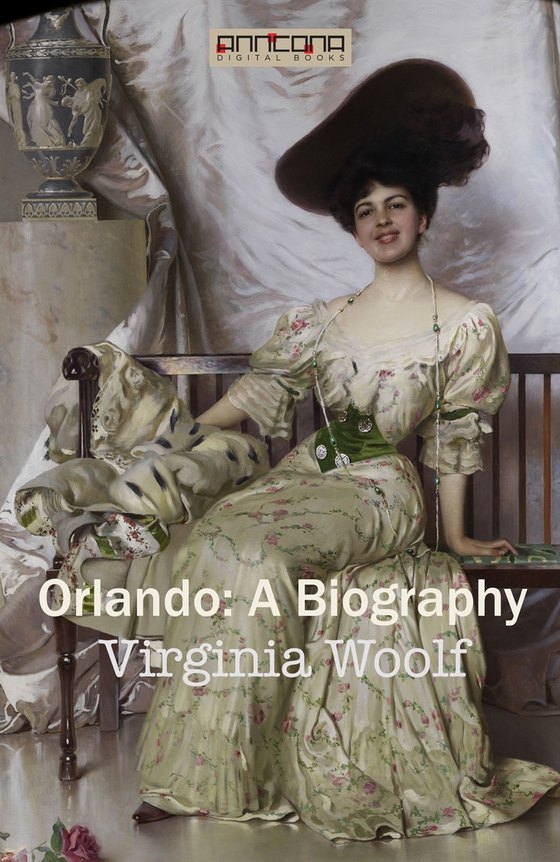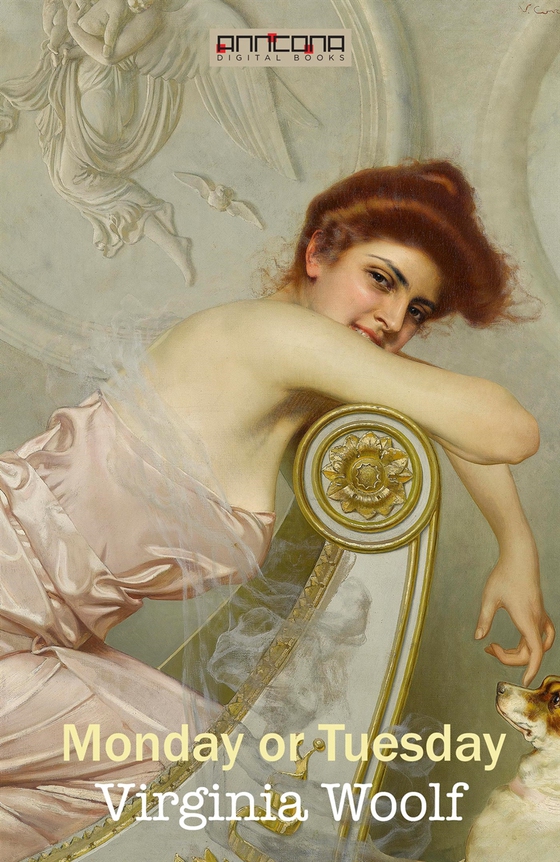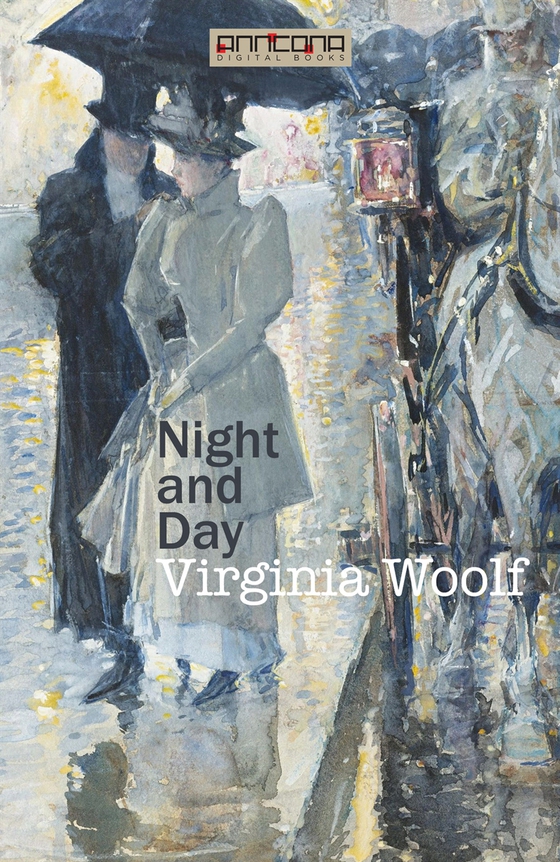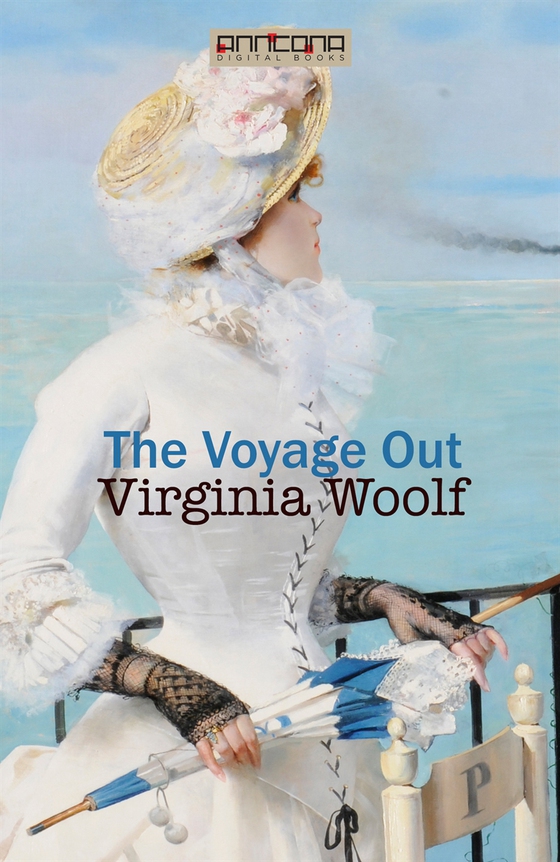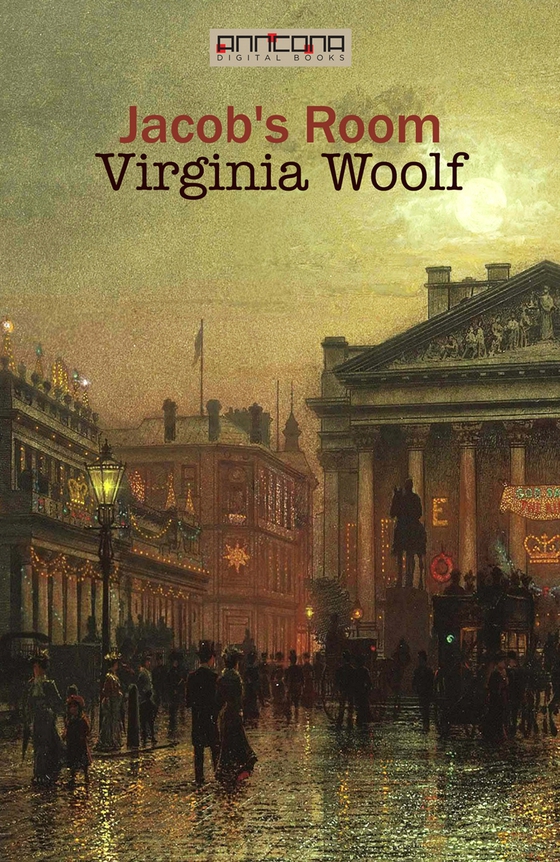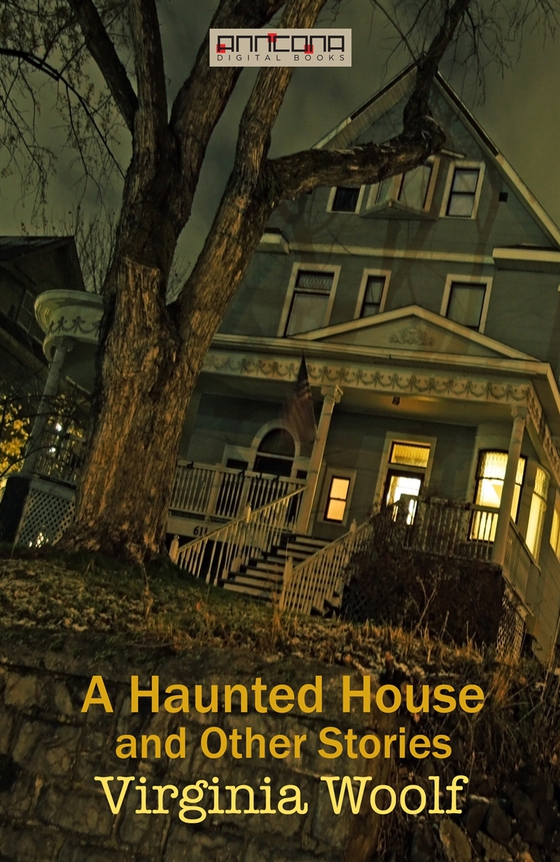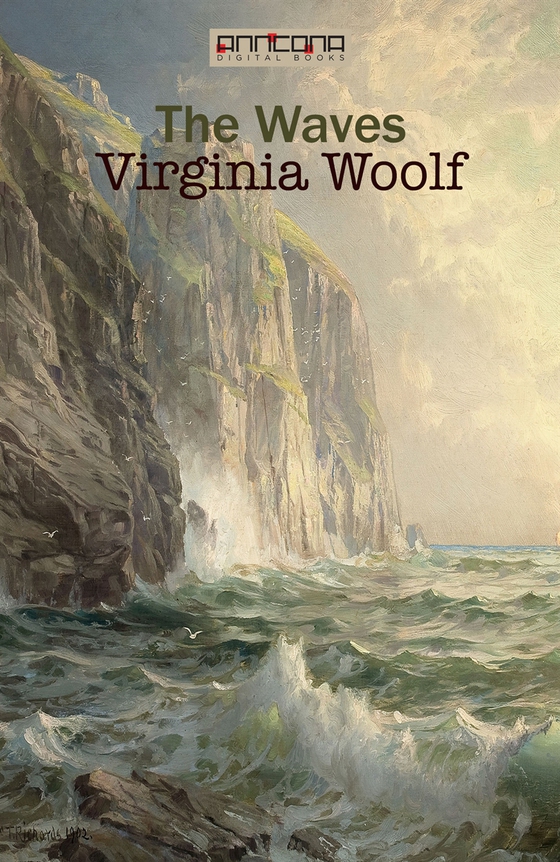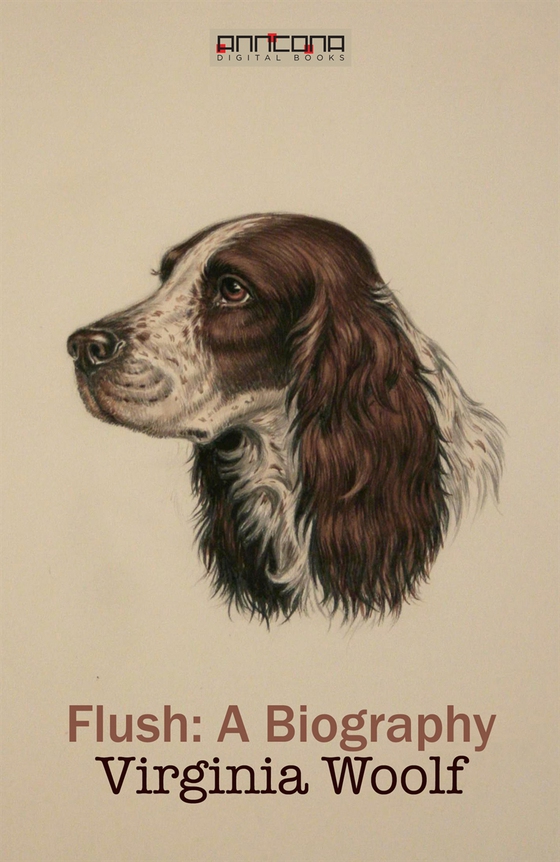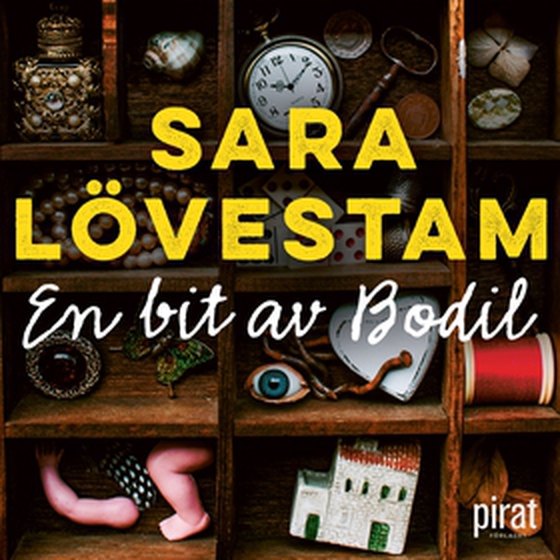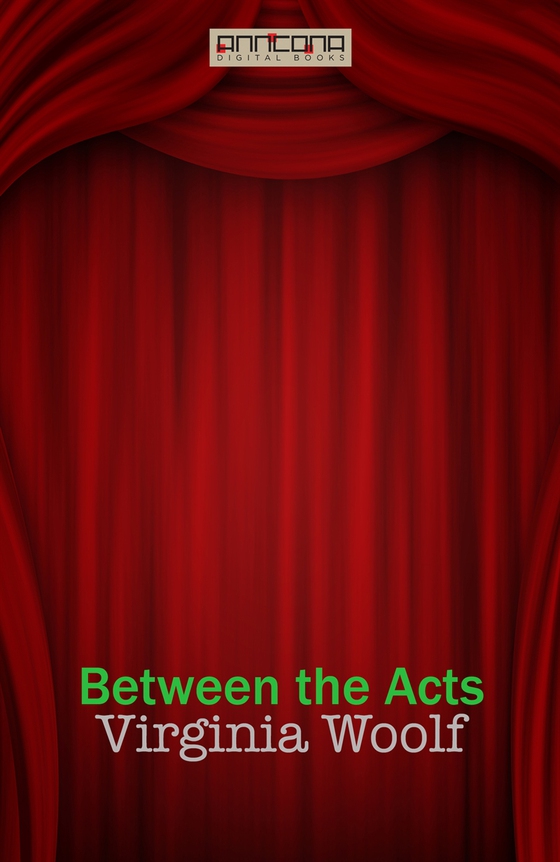
Between the Acts e-bok
19 kr
Between the Acts is the final novel by Virginia Woolf, published in 1941 shortly after her death. This is a book laden with hidden meaning and allusion.
It describes the mounting, performance, and audience of a festival play (hence the title) in a small English village just before the outbreak of the Second World War. Much of it looks forward to the war, with veiled allusions to connection wit...
E-bok
19 kr
Förlag
Anncona Media
Utgiven
6 Januari 2016
Genrer
Romaner, Skönlitteratur
Språk
English
Format
epub
Kopieringsskydd
Vattenmärkt
ISBN
9789176056769
Between the Acts is the final novel by Virginia Woolf, published in 1941 shortly after her death. This is a book laden with hidden meaning and allusion.
It describes the mounting, performance, and audience of a festival play (hence the title) in a small English village just before the outbreak of the Second World War. Much of it looks forward to the war, with veiled allusions to connection with the continent by flight, swallows representing aircraft, and plunging into darkness. The pageant is a play within a play, representing a rather cynical view of English history.
Woolf links together many different threads and ideas - a particularly interesting technique being the use of rhyme words to suggest hidden meanings. Relationships between the characters and aspects of their personalities are explored. The English village bonds throughout the play through their differences and similarities.
Adeline Virginia Woolf (1882-1941) was an English author, essayist, publisher, and writer of short stories, regarded as one of the foremost modernist literary figures of the twentieth century.
During the interwar period, Woolf was a significant figure in London literary society and a member of the Bloomsbury Group.
Her most famous works include the novels Mrs. Dalloway (1925), To the Lighthouse (1927), and Orlando (1928), and the book-length essay A Room of One's Own (1929), with its famous dictum, "A woman must have money and a room of her own if she is to write fiction."
Inga recensioner än


